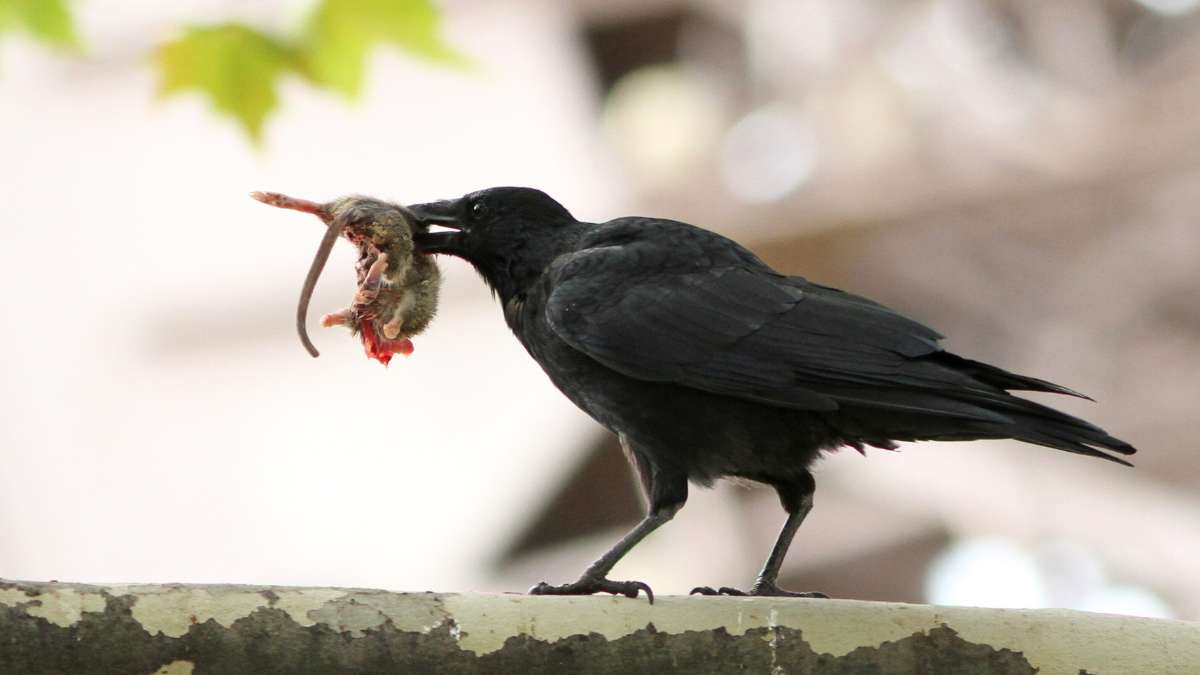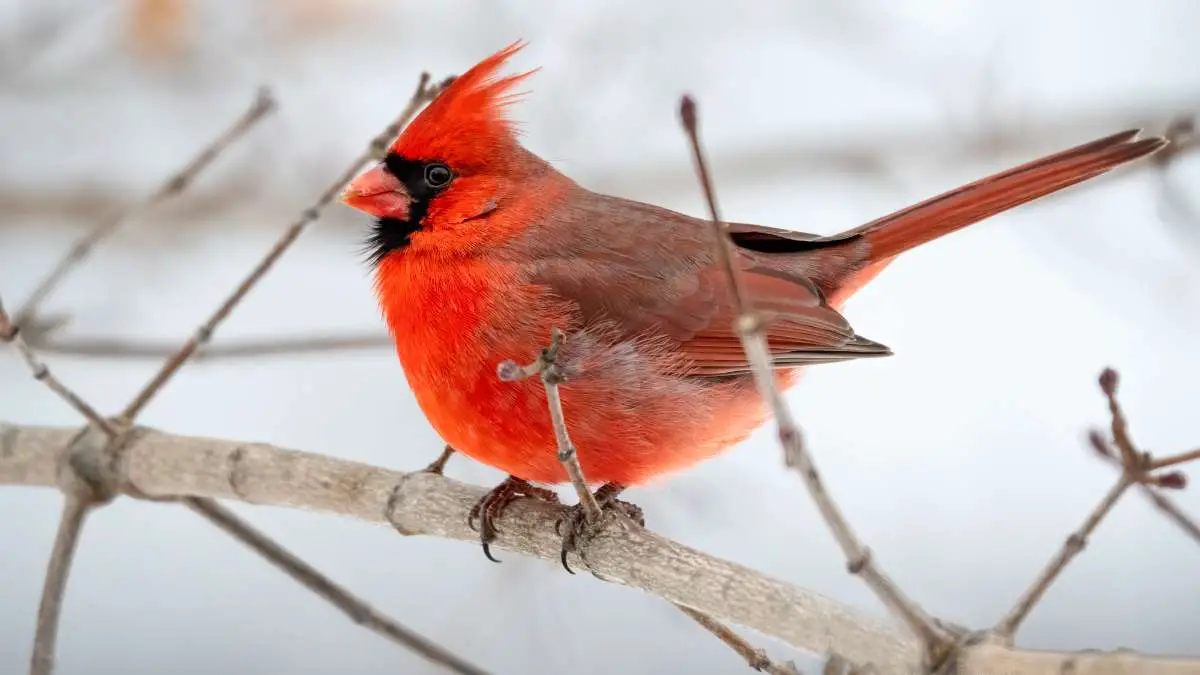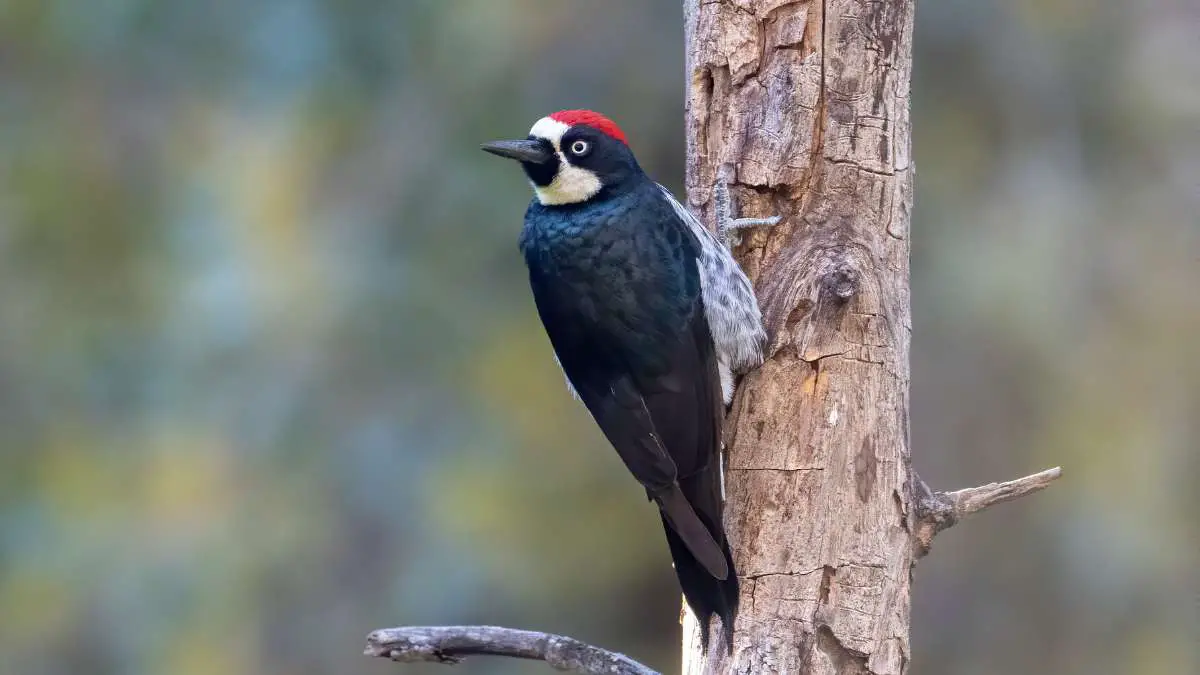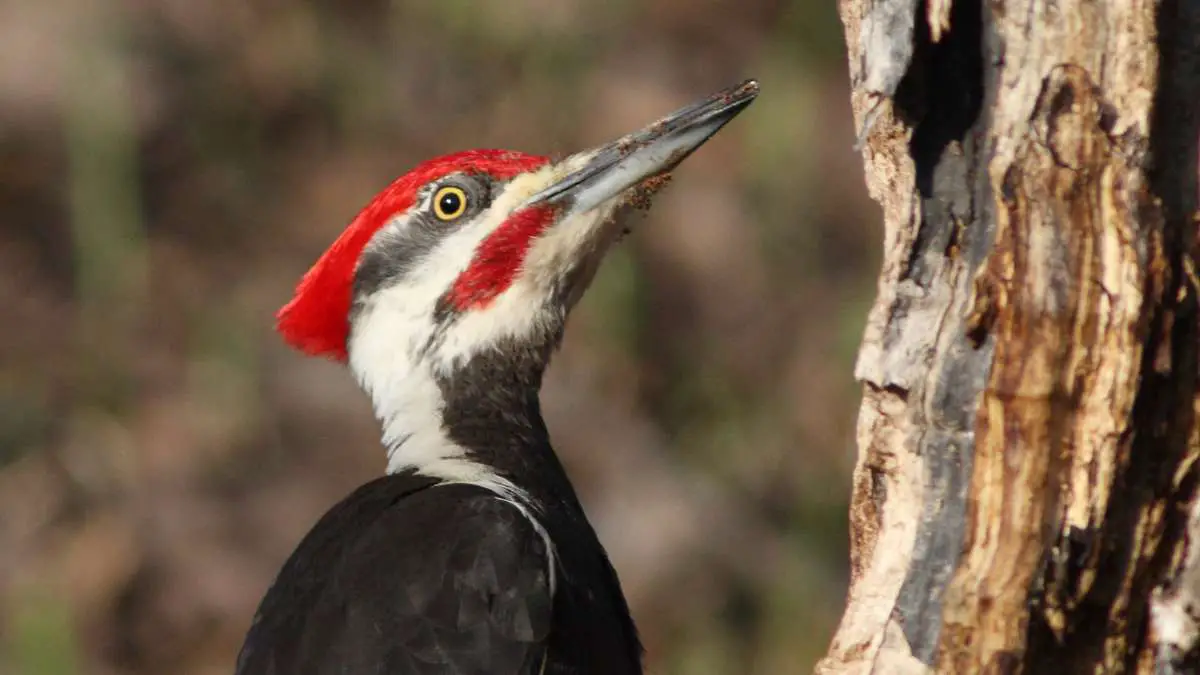Crows, those dark, intelligent birds we often spot in our neighborhoods, have a diet that’s quite diverse. They’re known for munching on insects, fruits, and even scavenging for carrion. But have you ever wondered, Do crows also have a taste for rats?
In this article, we’ll dig into the curious world of crows to unravel the truth about their culinary preferences.
But, first here’s the quick answer to your main question.
Do Crows Eat Rats?
Yes, crows do eat rats, but it’s not a common part of their diet. Crows are omnivorous, which means they eat a wide range of things.
Their primary diet includes insects, small animals, fruits, and garbage. While they’re opportunistic and adaptable, rat consumption is more occasional than regular.
Crows are known to scavenge for carrion, and if they come across a dead rat, they might eat it. However, they don’t actively hunt or specialize in rats as a food source.
Crows’ diet varies based on availability and location, making them resourceful survivors in various environments.
The Crow’s Varied Diet
Crows, those ubiquitous jet-black birds we often see perched on power lines or scavenging in city parks, have quite the appetite.
They are, by nature, omnivores, which means they don’t limit themselves to a specific type of food. Instead, they have a versatile palate, and this is where their dietary habits get interesting.
In their quest for sustenance, crows don’t discriminate. They’ll eagerly munch on a smorgasbord of items, adapting to the environment they find themselves in, including our bustling urban landscapes.
From insects to fruits, and even carrion, crows make the most of what’s available.
Insects are a small part of their diet, making up a tiny portion of their meals. They’ll feast on everything from beetles and caterpillars to grasshoppers. It’s a buffet of creepy crawlies for them.
Fruits are another favorite. Berries, nuts, and other plant-based goodies are readily gobbled up. Crows don’t just help themselves to fruit trees; they also aid in seed dispersal, inadvertently assisting in the growth of vegetation.
However, one of the more intriguing aspects of a crow’s diet is its willingness to scavenge carrion, which includes roadkill and other deceased animals.
This scavenging behavior is a testament to their adaptability. In urban environments, they may encounter all sorts of discarded food, further showcasing their resourcefulness.
Opportunistic Predators
Crows, those intelligent, black-feathered birds that grace our skies and urban landscapes, are renowned for their opportunistic nature when it comes to finding a meal. These feathered scavengers have a knack for spotting food sources where others might not.
In the realm of predation, crows exhibit a level of opportunism that’s nothing short of remarkable.
While their primary diet consists of insects, fruits, and the occasional helping of carrion, they aren’t averse to hunting small animals when the opportunity arises.
Crows are known to swoop down and snatch up small creatures like mice, voles, and even young birds. This is profound if the animal is weak or wounded.
This opportunistic hunting behavior showcases their adaptability in diverse environments. In urban settings, where rodents like rats are prevalent, crows might indeed take advantage of such readily available, protein-rich meals.
However, the question of whether crows actively seek out and prey on rats is often shrouded in controversy and urban legends.
While there are anecdotes and stories of crows engaging in rat hunting, scientific evidence on this behavior remains inconclusive and sparse. Some believe these tales have been embellished, perpetuating myths about the crow’s role as a rat hunter.
Scientific Studies and Observations
In the quest to uncover the truth behind whether crows eat rats, scientific studies and field observations provide us with valuable insights.
While this is a topic that still raises questions, researchers have looked into the behavior of these intelligent birds to shed light on their dietary habits.
Scientific studies have been instrumental in understanding crow behavior. These studies often emphasize the adaptability of crows, their problem-solving skills, and their ability to thrive in various environments.
While most research focuses on their primary diet of insects, fruits, and carrion, there have been some intriguing findings related to their interactions with rats.
Observations in the wild have occasionally captured crows consuming rats. These instances underscore the crows’ opportunistic nature and their ability to seize upon available food sources.
While it’s clear that crows are willing to eat rats under certain circumstances, these observations don’t necessarily reveal a consistent or specialized preference for rat consumption.
Factors influencing crow behavior in this regard remain multifaceted. It’s likely that the availability of rats, environmental conditions, and competition with other scavengers play a role in determining whether crows choose to eat rats.
Understanding these variables is an ongoing challenge in the world of ornithology, as researchers aim to unravel the nuances of crow behavior and its broader ecological implications.
Understanding Crow Intelligence
Crows are renowned for their remarkable intelligence and problem-solving abilities. Their cognitive skills have been a subject of fascination for researchers and bird enthusiasts alike.
When we explore the question of whether crows eat rats, understanding their intelligence is crucial.
These birds have shown a level of cleverness that sets them apart. They can solve complex puzzles, use tools, and even plan for the future. Their intelligence isn’t limited to their ability to find food but extends to their adaptability in various situations.
When it comes to the potential consumption of rats, their intelligence plays a significant role.
Crows’ ability to problem-solve and adapt means that if they come across a dead rat, they can assess it as a potential food source. It’s not a matter of seeking out rats as prey, but rather an ability to recognize and utilize available resources.
In urban environments, where rats are more common, crows’ intelligence allows them to thrive. They can identify and exploit food sources that others might overlook, contributing to their success as urban scavengers.
The Role of Carrion in Crow Diets
Carrion, the term for the decaying flesh of dead animals, plays a pivotal role in the diet of crows. These intelligent birds have a unique relationship with carrion that’s worth exploring.
When we investigate whether crows eat rats, it’s essential to understand the significance of carrion in their diet.
Carrion serves as a readily available source of nutrition for crows. It’s like nature’s fast-food joint, offering a convenient meal option. Crows, being opportunistic feeders, will often seek out and consume carrion as part of their diet.
Now, when it comes to rats, the situation gets interesting. Rats, unfortunately, are no strangers to untimely demise, and they, too, become a part of the carrion landscape.
Crows, in their scavenging pursuits, may come into contact with dead rats, whether due to accidents, predation by other animals, or natural causes.
This contact between crows and deceased rats raises questions about whether crows actively seek out and consume rats.
While crows’ interactions with carrion, including rats, are well-documented, it’s important to note that these birds don’t necessarily target rats as a primary food source.
Instead, it’s about seizing opportunities presented by the presence of carrion, which may include rats.
Urban Legends and Anecdotes
In the world of crows and their food choices, urban legends and anecdotes have woven a tapestry of marvelous stories. The question of whether crows eat rats has given rise to a myriad of fascinating tales that deserve our attention.
It’s not uncommon to hear anecdotes about crows displaying an appetite for rats. These stories often paint a vivid picture of these intelligent birds swooping down to capture rodents.
However, the credibility of such accounts can be a bit of a puzzle. While many people swear by these tales, scientific evidence on crows being dedicated rat hunters is, at best, scarce.
What’s fascinating is how these urban legends and anecdotes can shape our perceptions.
The power of storytelling and shared experiences can influence the way we view crows. When we hear these stories, it’s easy to start imagining crows as skilled rat hunters.
Yet, it’s important to approach these tales with a degree of skepticism. Crows are indeed opportunistic feeders, and they won’t pass up a chance for a protein-rich meal, which might include a rat.
However, the idea of crows actively seeking out rats as their primary food source remains a subject of debate and myth.
Conclusion
In summary, crows, those intelligent and adaptable birds, have a diet that encompasses a wide range of foods. While they can and do consume rats under certain circumstances, it’s not their primary preference.
The question of whether crows actively hunt rats remains elusive, colored by both urban legends and scientific observation. But superficially we can say that they do not actively hunt for rats.
Because if you just think about the abundance of rats and crows in a city or in urban setup, we might see many events of crows actively hunting rats.
Understanding the crow behavior and dietary choices requires more research.
These clever birds continue to fascinate us with their resourcefulness and adaptability, emphasizing the need for further exploration to uncover the full extent of their culinary inclinations.





